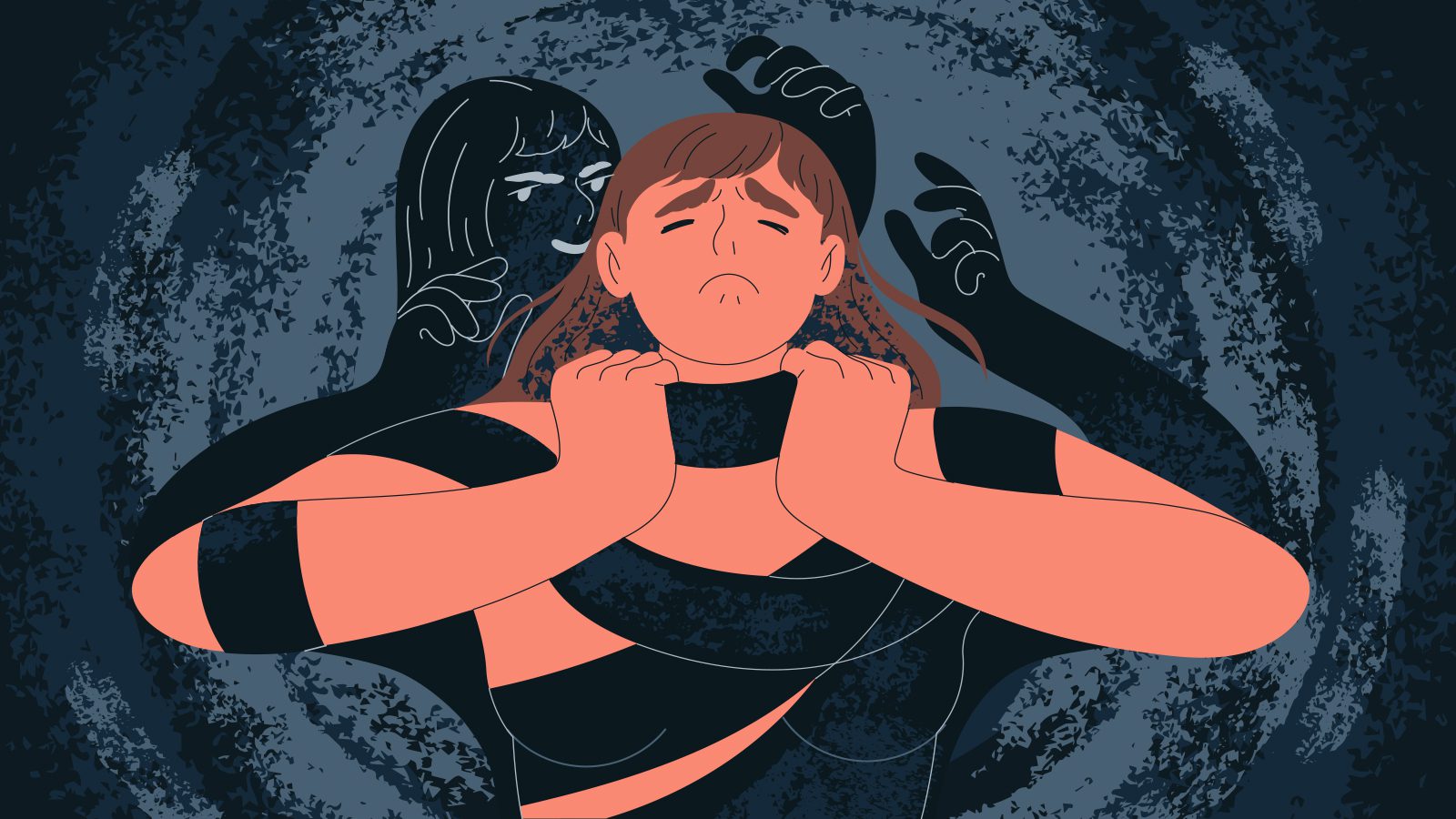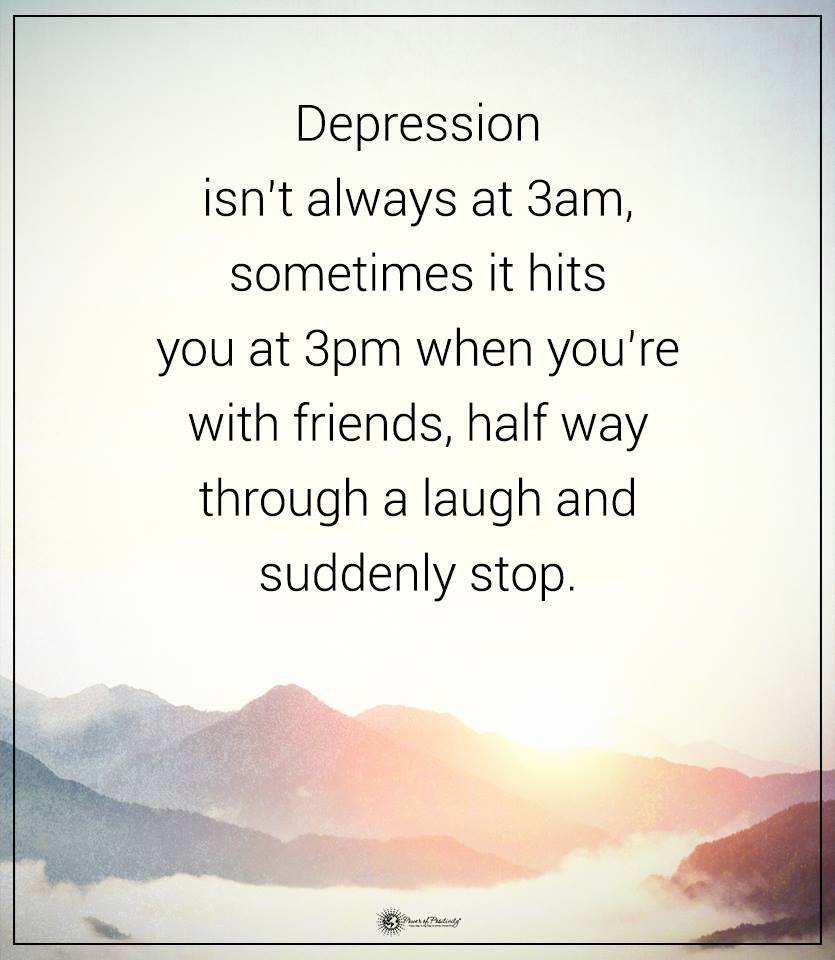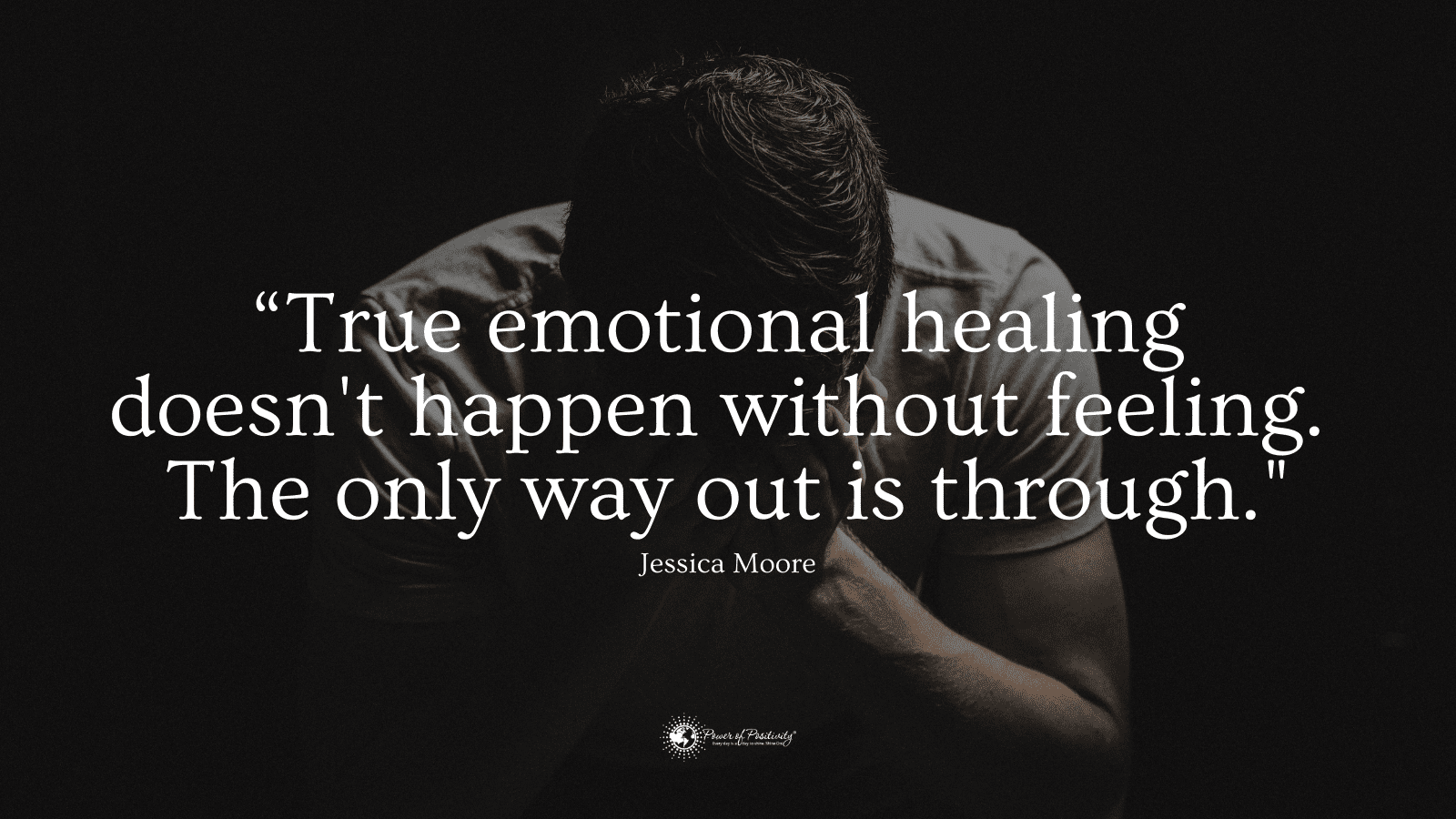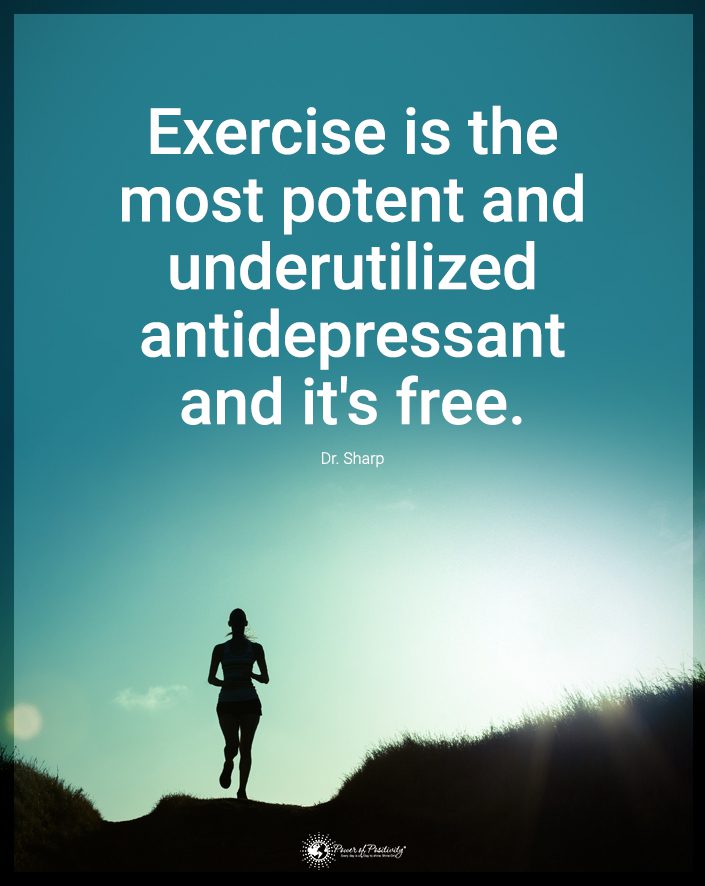Do you suffer from functional depression? Depression is on the rise. Sadly, many people suffer in silence because their high-functioning variety doesn’t always show the same signs as traditional depressive disorders. You may still go to work each day, take care of your family, and your hygiene doesn’t suffer.
Most folks who suffer from high-functioning depression are overachievers. They work themselves hard and are on the brink of complete burnout. However, it’s often hard to miss the depression staring them right in the face.
Understanding Functional Depression
According to the Mayo Clinic, functional depression is not an official medical diagnosis, as it falls under persistent depressive disorder. It’s an ongoing battle that can be there for years or an entire lifetime. It includes all the typical signs of depression, but the person with the functional version keeps going, making it hard to diagnose.
People have preconceived notions that the depressed person stays in their bedroom, has sleep disturbances, and lets things in their life go. Depression, by definition, means persistent feelings of sadness and hopelessness. How can someone be depressed if they do such things as long work hours, go to the gym, or have a busy social life?
This is why so many people don’t get the help they need. It appears that everything is fine on the outside as they keep going, but it doesn’t mean that they’re not depressed. Just because it looks like someone has everything under control doesn’t mean this is the case.
Therefore, high-functioning depression is so hard to miss. These folks still suffer from denial, loneliness, and feelings of exhaustion, but they keep going.
Eleven Warning Signs of Functional Depression
If you suffer from high-functioning depression, you may know something isn’t right with you, but you can’t put your finger on it. According to what you know about depression, you don’t fit into the classic mold. Here are some red flags: you may struggle with functional depression and need help.
1. With Functional Depression, You Might Be Overly Critical
One sign most people wouldn’t consider to be part of depression is being highly critical of yourself and others. Do you tend to be a perfectionist, and nothing that’s said or done is ever good enough for you? Maybe you think your spouse is too demanding, and your boss at work is too strict.
You use all these excuses to project the negative feelings you have inside. You probably don’t even notice you’re so critical because you’re using this to distract yourself from your inner pain. The problem is that you’re looking to the outside when what’s happening inside is the real issue.
Your lack of self-confidence and negative thought processes result from a mental health problem. Functional depression can make you and those around you miserable when left untreated.
2. Functional Depression Makes You Tired All The Time
It doesn’t matter if you’ve slept eight to ten hours and had pleasant dreams, as you will feel exhausted the next day. Exhaustion is a common problem with functional depression. You may think everything in your life is going fine, but your energy levels are so low you don’t know how you can keep going.
These episodes of exhaustion can be scary at times, as doing tasks like going to the store for milk can seem completely overwhelming. If you’re pushing yourself to the limit, while every fiber of your being is screaming you can’t go on, you may have functioning depression.
3. You Lack Motivation When Depressed
While some folks tend to be overachievers, others tend to do the exact opposite. High functioning depression may lead to another unhealthy coping strategy of doing nothing. You may get your job done and keep up with some other necessary tasks, but the rest of your time is spent idle.
Being depressed can kill your motivation. Some people may put labels on you and say you’re lazy or live in dreamland, but the truth is that you’re barely getting by. Your energy levels are so low that you can’t get past the urgent matters to even think about pursuing goals or socializing.
4. Your Mind Never Stops
Is your mind constantly running in loops replaying all you must do? It’s often found that people with functional depression can’t stop their minds. You try to keep yourself as busy as possible to keep you from thinking too hard.
The problem is when the noise stops, you can hear yourself thinking. You become uneasy when the sun goes down. Those unpleasant thoughts and the fear of the unknown take hold of you. You’re terrified of the silence and downtime because you’re afraid it will reveal that your world is shattered beyond repair.
5. You Bury Yourself in Work When Depressed
Why do people tend to work way more than they need to? It could be that high-functioning depression is forcing you to keep going. Working becomes a haven where you can escape the unpleasant thoughts and feelings you manage.
It’s easier to ignore things or put them on the back burner when you’re in a business meeting or handling work-related issues. The only problem with this coping skill is that it leads to burnout. People who work too much are often running from something, which can cause issues with their health and relationships.
6. Making Decisions is Impossible With Functional Depression
You struggle with any decisions, both big and small. High-functioning depression often affects your ability to make decisions. Even deciding where to eat at night can be a burden, and you may struggle for hours over such a small decision.
Going on vacation and picking the hotel can be so overwhelming that it can take weeks to decide. People often get frustrated with you because you can’t seem to decide anything. You’re frustrated with yourself and if you make any decisions.
You’ll second guess these choices to the point of driving yourself mad. Doubt and depression go hand-in-hand, and your functional depression hinders your ability to decide anything, which only adds to issues with your self-worth.
7. High-functioning Depression Makes People Easily Agitated
Do you find that your moody and cranky and easy to agitate? These are signs of high-functioning depression. Life can trigger many emotional responses from you, and some of these responses you display will be offensive to others.
If you’re cranky all the time, have outbursts of anger, and find that the smallest of things irritate you, it could be the underlying depression working.
8. You’re Emotionally Very Weak
Unlike other health issues, functional depression doesn’t always show physical symptoms. The problems are more emotional-based, so it may appear like everything is fine on the outside, but inside you’re a ball of nerves.
If something devastating happens, like a breakup, it can take you out for weeks. Your emotions are all over the place, regardless of how you try to keep things together at work or in public. Some radical treatments may help you fight this battle, which will only help you feel like you again.
9. You’ve Unrealistic Standards
Functional depression has many different facets, and one of them is overcompensating. Many people use this unhealthy coping strategy to prove themselves to the world. Inside, your body and mind know you’re dealing with depression, but you want to keep fighting as you think you have something to prove.
You’re going to show yourself that you’re strong enough to fight this mental illness without help. When you set the bar so high, you’re lowering the chances that you can achieve the goals. So many people with functional depression set themselves up for failure without realizing it.
10. Unexplained Aches and Pains Come from Functional Depression
Dealing with high-functioning depression can cause physical pain too. Do you have headaches every day of your life? Are you struggling with unexplained muscle aches and pains that are unfounded? The high cortisol levels in your body may be causing the discomfort that you feel.
Additionally, where there’s depression, there’s usually anxiety too. So some of this tension you feel in your body can be caused by all this pent-up angst.
11. Concentration Issues Happen When Depressed
It’s not uncommon to have problems focusing when you have an underlying depressive disorder. You may feel like you accomplished nothing because you can’t keep your train of thought. You may also feel like you have brain fog, clouding your judgment.
Final Thoughts on Functional Depression
According to a study published by the National Library of Medicine, about 2.5 percent of the population has high-functioning depression. Persistent depressive disorder lingers lower than traditional depression, so it often goes undiagnosed.
About 1.5 percent of the population is diagnosed with this mental health concern yearly, so it’s time to focus on making people aware of this increasing issue. If you struggle with functional depression, you no longer must suffer in silence. There are resources out there to help you.

















 Community
Community

